The mother-daughter relationship is always a very impactful one. But what happens in a narcissistic mother and empath daughter relationship? Lies, deceit, manipulation, emotional abuse, and whatnot. Daughters of narcissistic mothers who suffer from the Good Daughter Syndrome have a traumatic and abusive childhood, which haunts them for the rest of their lives.
Growing up with a narcissistic mother is traumatic, to say the least. Maternal narcissism is characterized by manipulation, constant criticism, jealousy, control, intrusion, and selfishness. And it feels even worse if you are a sensitive and kind-hearted person and daughter.
No matter how badly she treats you, you always try to treat her with respect, compassion, and understanding. You always try to be a good daughter to her, and chances are you suffer from the Good Daughter Syndrome. So, what is this all about? Let’s find out!
Related: Daughters Of Narcissistic Mothers: 7 Ways They Grow Differently
What Is The Good Daughter Syndrome?
When you suffer from the Good Daughter Syndrome, all you want to do is make your mother feel happy and proud of you. Whatever you do, you do for her happiness. You place her needs before yours, her feelings always overshadow yours, and what she thinks matters the most to you, even at the cost of your happiness and peace.
Your mother is the center of your Universe, and even though you know that she is abusive and narcissistic, you still give her that respect, love, and importance in your life.
Being the good daughter of a narcissistic mother can be emotionally exhausting, but that never stops your mother from taking advantage of you over and over again.
You have been trained to always put your mother first, and after a point, it becomes second nature to you. Being the good daughter sucks the life out of you, and you gradually become unhealthily codependent on each other.
In order to understand this more, let’s find out a few major signs of the relationship between a narcissistic mother empath daughter, and how do narcissistic mothers treat their daughters.
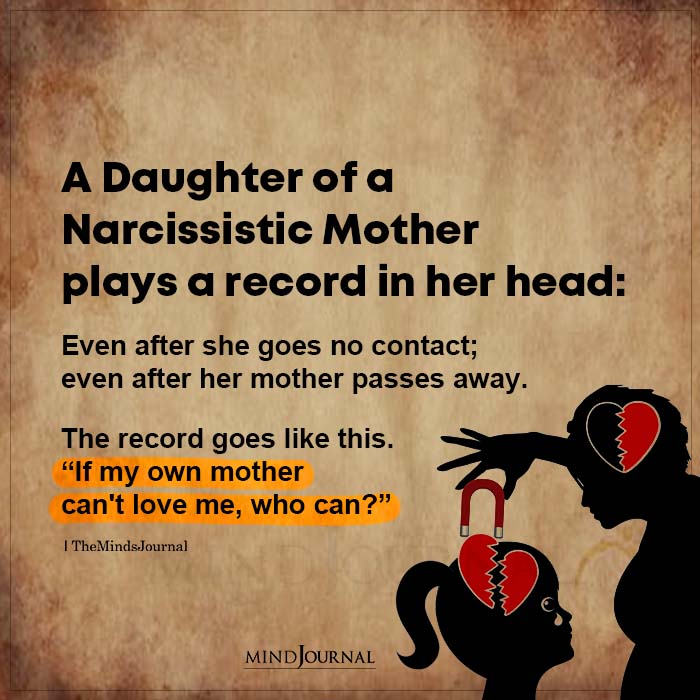
7 Signs Of The Good Daughter Syndrome
1. No matter what you do, you will never be good enough for her.
One of the major signs of Good Daughter Syndrome is this.
When an empath daughter is raised by a narcissistic mother, their relationship is defined by a lot of criticism and her feel like she will never be good enough for her mother or anyone.
Your narcissistic mother always insults you, degrades you, and puts you down, in the hope that your confidence and self-esteem are completely ruined. No matter how much you achieve in your life, and no matter how much you do for her, it’s never going to be enough.
Related: 5 Ways In Which Lack Of A Mother’s Love Affects Her Daughter’s Life
2. She has no respect for your boundaries.
One of the major signs of a narcissistic mother and empath daughter relationship is this. It’s near impossible to set healthy personal boundaries when you have a toxic mother like her.
She has zero respect for you and your boundaries, and will always violate them just to fulfill her own needs. And not just that, she will make you feel like the worst daughter in the world for wanting to have boundaries. She will freak out as if you have done an extremely offensive and criminal thing by wanting some space between you two.
3. Making your mother feel good is your job and responsibility.
When an empath daughter is raised by a narcissistic mother, everything you do is directly related to her; you cannot be an independent person and do what you like, you always have to think about her feelings and opinions first.
For example, if you buy a dress you like, you have to think about whether your mother will approve of it or not, because how you dress is a direct reflection of her.
Which college you should go to, what kind of people you hang out with, what you eat, how you behave – all this should be done keeping in mind whether your mother feels good about it or not. Her happiness is your responsibility always, even if it requires you to sacrifice your happiness, dignity, and self-respect.
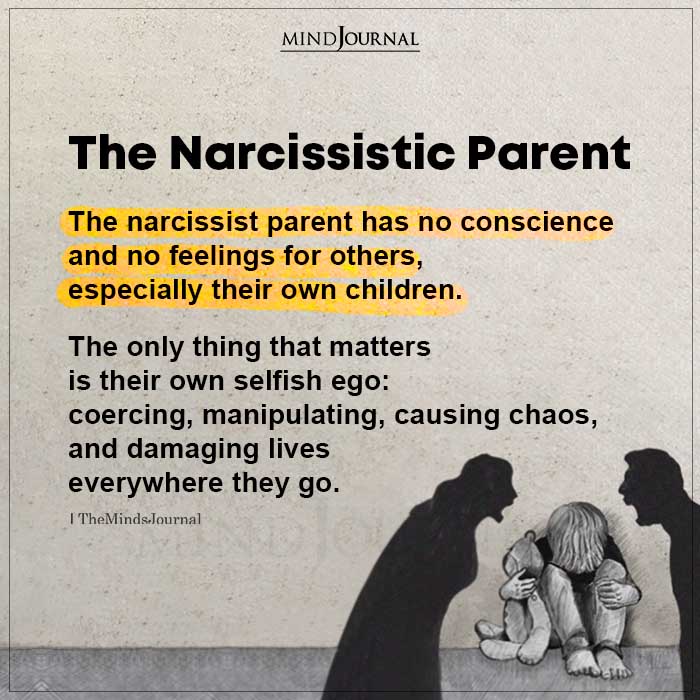
4. Any sort of pushback is seen as a rejection by her.
Another one of the major good daughter syndrome symptoms is this. Whenever you try to take a stand for yourself and put yourself first, your mother instantly hits back and accuses you of being selfish and a bad daughter.
If you choose not to heed her “advice” or take her “help”, she will instantly start manipulating you into believing that you broke your “poor mother’s heart” by rejecting her like this. She gets extremely defensive whenever you question her opinions and actions and hates it when you choose to be independent about your life and choices.
Related: When A Mother Is Jealous of Her Daughter: How It Distorts A Daughter’s Development
5. She can never ever be wrong, and everything is always your fault.
Another major giveaway of the Good Daughter Syndrome is this.
When an empath daughter is raised by a narcissistic mother, she is manipulated into believing that it’s always her who is wrong, never her mother. Even if she does something outrageous, you can never expect genuine remorse and apologies from her.
For example, if she goes through your personal stuff and you find out, she will simply say that she was worried about you, and that’s why she did it. No amount of outrage will make her realize how wrong she was. Or if she makes you the butt of jokes in front of others, and you take offense to it, she will simply accuse you of “not having a sense of humor”.
6. You always doubt and second-guess yourself.
When it comes to an empath daughter and narcissist mother, it’s natural to always doubt yourself, since you have been abused and manipulated into doing that since you were a small kid. You struggle with making decisions and feel intimidated by doing something on your own.
Daughters of narcissistic mothers are always made to feel not good enough or not worthy enough, and this makes them constantly doubt and question their abilities. You feel like you can’t trust your own judgment, and you can never do anything right, all by yourself and without any help.
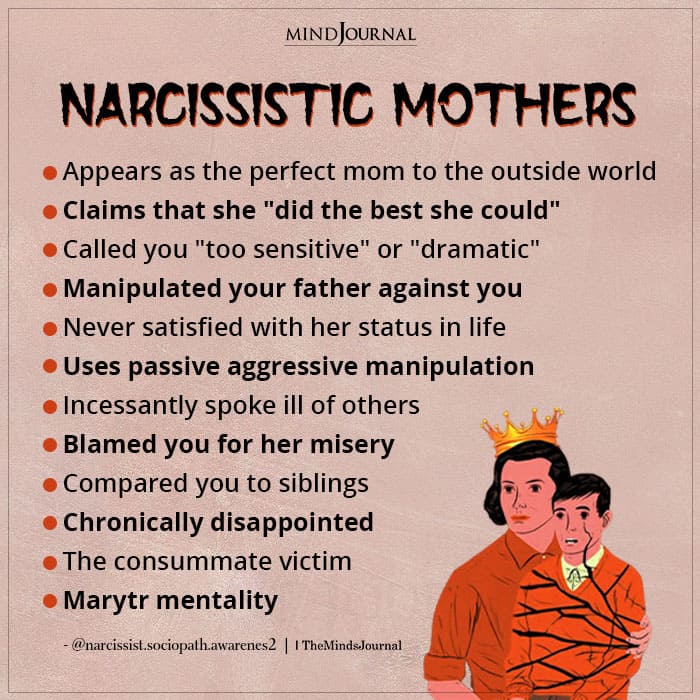
7. Your mother thinks she knows what’s best for you.
One of the classic good daughter syndrome symptoms is this one. When it comes to an empath daughter and narcissist mother, your mother knows best when it comes to YOUR life, and she knows more than you. It does not matter how you want to live your life, what matters is what SHE wants and expects from you.
The saying “mother knows best” takes on a whole new meaning when you have a narcissistic mother. She will make all your decisions for you and you are supposed to just keep your mouth shut and go along with it.
If she tells you to sit, you sit. If she tells you to stand up, you stand up. This is how it is when it comes to a narcissistic mother empath daughter relationship.
Related: Daughters of Narcissistic Mothers: Why They Are Never Good Enough
Do you relate to any of these signs? How is your relationship with your mother? Let us know your thoughts in the comments down below!
Frequently Asked Questions (FAQs)
Why do empaths sprout from narcissistic parents?
Narcissistic parents tend to have empathic children because they learn to observe and understand emotional climates as a way of surviving. They become sensitive to everything around them, especially negative situations, and learn to navigate through them and keep the peace.
Do daughters of narcissistic mothers become narcissists?
Narcissism tends to be intergenerational, which is why narcissistic parents tend to create codependent children or narcissistic children.
What is narcissistic daughter syndrome?
Narcissistic daughter syndrome is when a daughter tends to show major and prominent signs of narcissism. Exaggerating her achievements, putting her parents down, being selfish and self-absorbed, throwing tantrums, manipulating others, and having a false sense of pride are just a few signs of a narcissistic daughter.
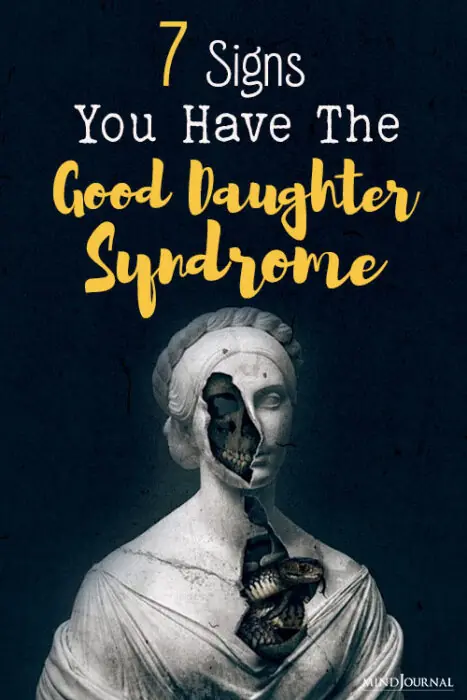
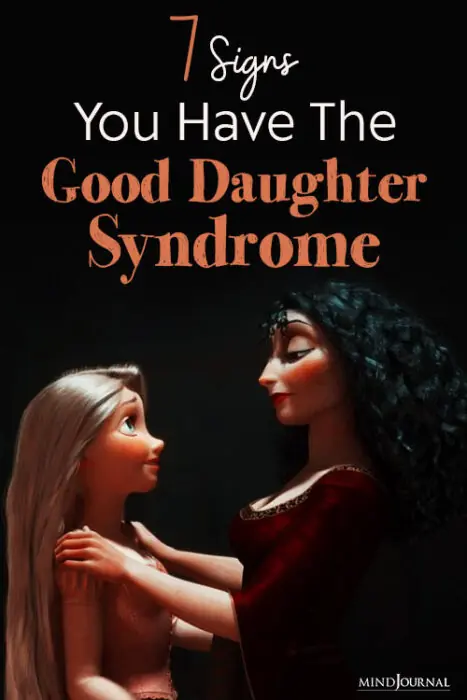
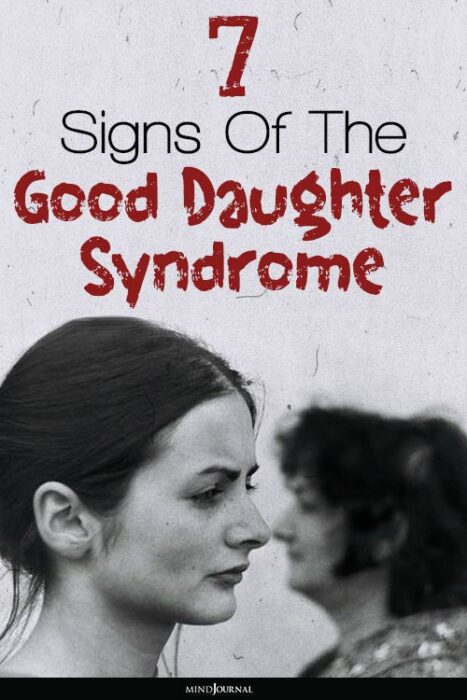

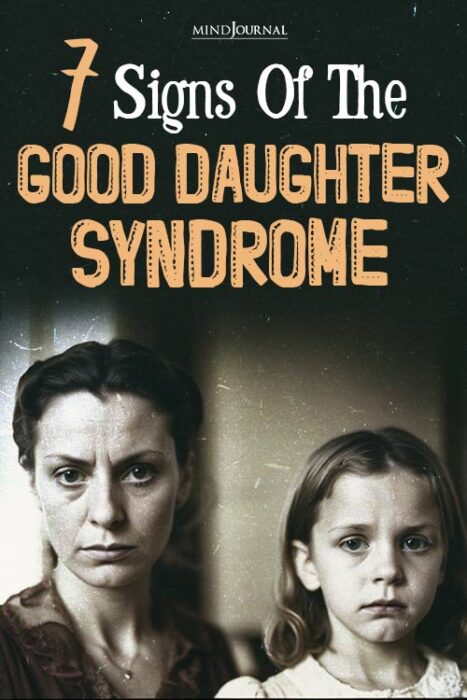
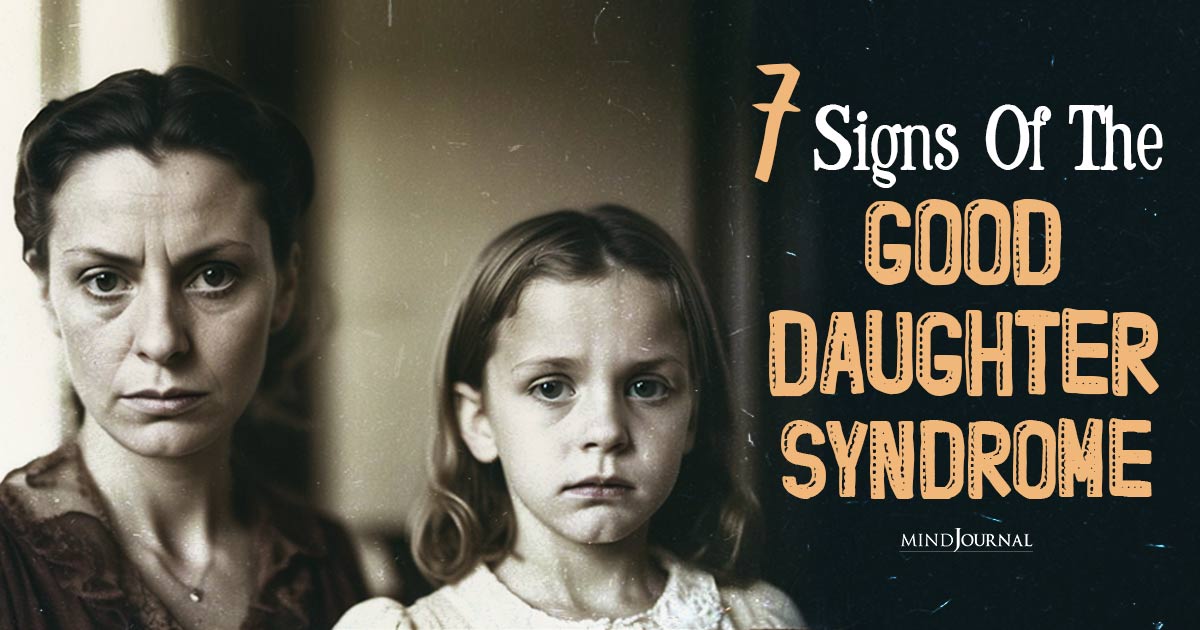







Leave a Reply
You must be logged in to post a comment.